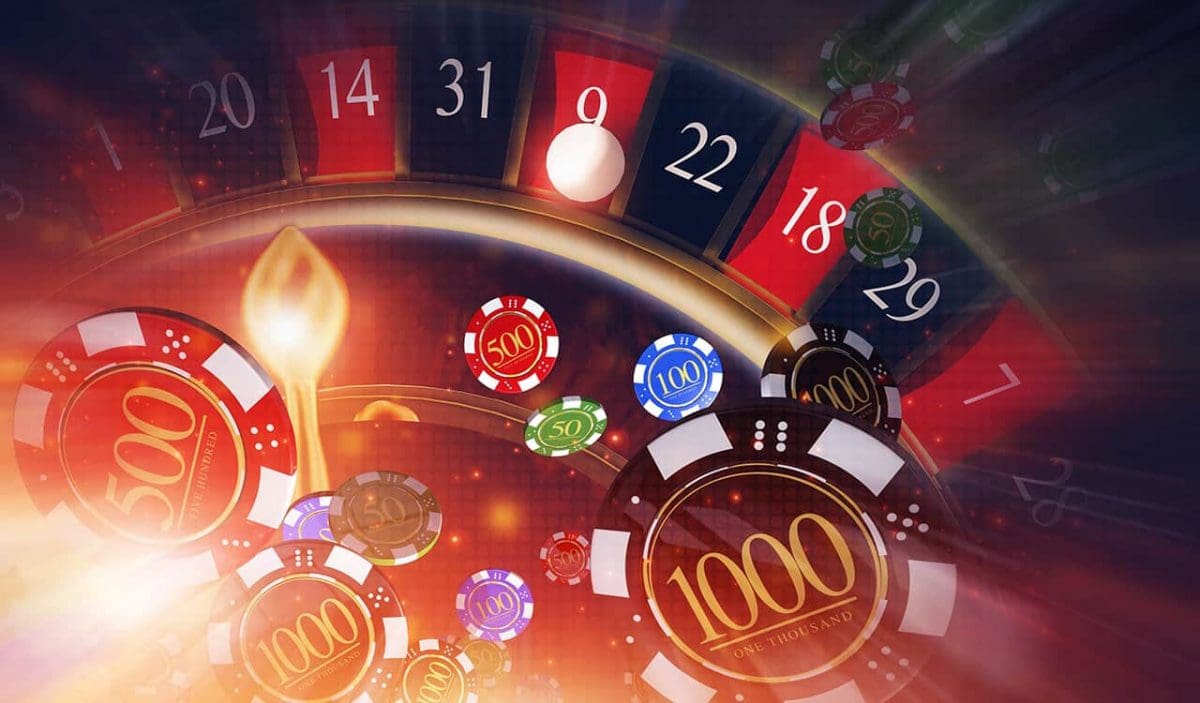The Cultural Impact of Gambling Activities Worldwide
Casino games have long been a engaging entertainment option, drawing millions of players from different cultures around the globe. From the lively casinos of the Strip to the busy gambling halls of Macau, these games serve as a common thread that unites people across a variety of backgrounds. The allure of chance, tactics, and uncertainty entices not only those looking to win money but also those seeking a sense of community.
The significance of casino games extends significantly past the gaming floor. They often reflect the cultural standards and principles of the societies in which they flourish. https://rr88e2.com/ Games such as Texas hold 'em, pontoon, and roulette have embedded themselves into the fabric of mainstream culture, influencing multiple fields from movies to style. As we explore this captivating intersection of gambling and life, we can comprehend better how casino games shape and are affected by the surrounding world.
Chronological Evolution of Gambling Activities
The beginnings of gaming games can be tracked back to old civilizations, where betting in multiple forms was extensively performed. In China, around 2300 BC, a form of gambling known as Keno was common, while in historic Rome, soldiers would frequently wager on the consequences of their games. The idea of using luck for fun and gain developed over the ages, leading to the establishment of more organized games. By the final Middle Ages, betting houses initiated to appear in Europe, particularly in the Italian peninsula, which introduced early versions of popular activities still played today.
As gambling expanded popularity in Europe, the 17th and 18th centuries saw the emergence of gambling establishments as exclusive establishments for gaming. The first official gaming venue, the Ridotto, was set up in the city of Venice in sixteen thirty-eight, featuring games like Baccarat games and the game Faro. This time marked a major pivoting point, as casinos began to attract not just the high society but also the expanding middle-tier society. The sophistication of activities increased, leading to the development of new rules and versions that enriched the gaming experience.
In the 19th century, the era of industrialization and shifts in social standards additionally changed the landscape of casino games. The launch of the game of roulette and contemporary one-armed bandits pulled in a larger clientele, and casinos became seen as legitimate fun. This time witnessed the globalization of gaming, as gambling houses extended from the continent to the Western Hemisphere, culminating in the development of the iconic Strip of Las Vegas in the 1900s. The development of gambling activities has persisted into the modern era, incorporating technology and digital sites, allowing them available to a universal audience.
# Cultural Importance in Various Communities
Gambling games have deep-rooted cultural and social importance in many societies throughout the globe. Places like Las Vegas, the very essence of the city is woven around gaming venues, where playing is not just a recreational activity but a central aspect of entertainment and community interaction. The vivid lights and vibrant atmosphere attract millions, showcasing how games of chance can impact local economies and cultural uniqueness. This setting transforms the notion of relaxation into an enriching experience that shapes fashion, music, and even cinema.
Conversely, some societies approach betting with more caution, considering it through the lens of ethical beliefs and customs. For example, in many Eastern communities, games like Mahjongg and Pai Gow Poker are full of history and carry significant social meanings. These games are often played during gatherings and occasions, fostering community bonds and solidifying familial ties. The act of engaging in these games goes beyond mere amusement, reflecting principles such as honoring elders and the importance of shared enjoyment.
At the same time, in Western countries such as the principality of Monaco and Rome, casino games serve as symbols of luxury and sophistication. The stylish atmosphere of these establishments attracts both visitors and locals, upholding a sense of prestige and elitism. The art of Texas Hold'em and the strategic features of games like banker’s game are esteemed, influencing interpersonal interactions and establishing an appeal that fascinates a varied audience. This highlights how casino games can both echo and influence societal views towards hazard, reward, and social interaction.
Economic Impact and Travel Industry
Casino games play a significant role in the economic landscape of many areas, particularly those that depend significantly on visitor traffic. The revenue generated from casino operations fuels local economies, creating jobs not only within the casinos themselves but also in related sectors such as hospitality, dining, and recreation. This surge of tourists, drawn by the attraction of games and the overall casino experience, stimulates expenditure across multiple businesses, contributing to the economic health of the region.

The presence of casinos often leads to the construction of facilities, including lodging, public transit, and leisure amenities. These developments are essential in improving the overall tourist experience, making locations more attractive to tourists. Additionally, many casinos contribute in local communities through sponsorship of activities and philanthropic initiatives, further embedding themselves into the social fabric of the locality. Such investment not only supports economic growth but also fosters a positive image of the gambling sector.
In addition, the global popularity of casino games drives tourism competition, with regions vying to attract gamblers from around the world. Iconic destinations like Las Vegas and Macau have become synonymous with gambling culture, drawing millions each year. This advantage encourages creativity and diversification within the gambling sector, influencing developments in leisure and hospitality that resonate beyond their borders. The ripple effects of this visitor influx extend wide, impacting local economies and cultural interactions on a global scale.
